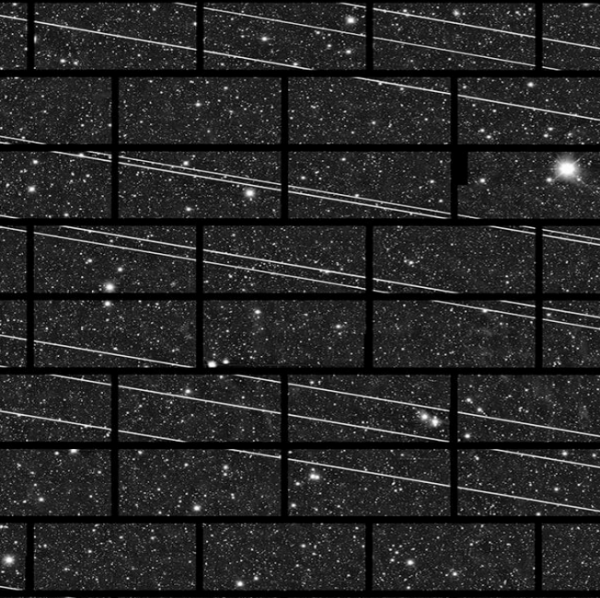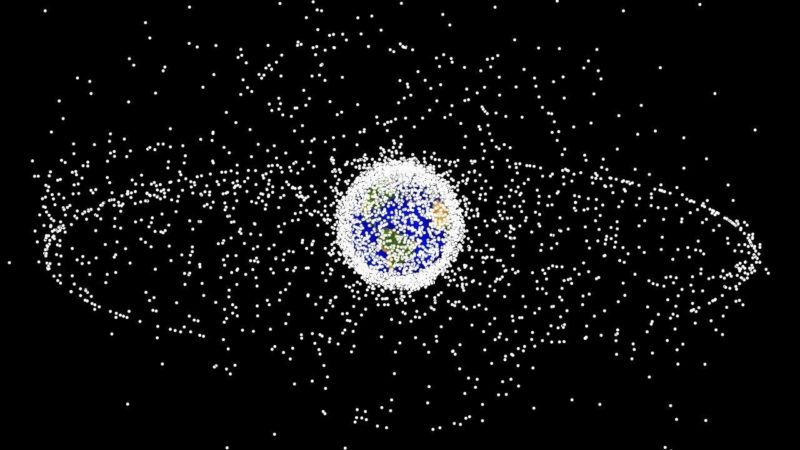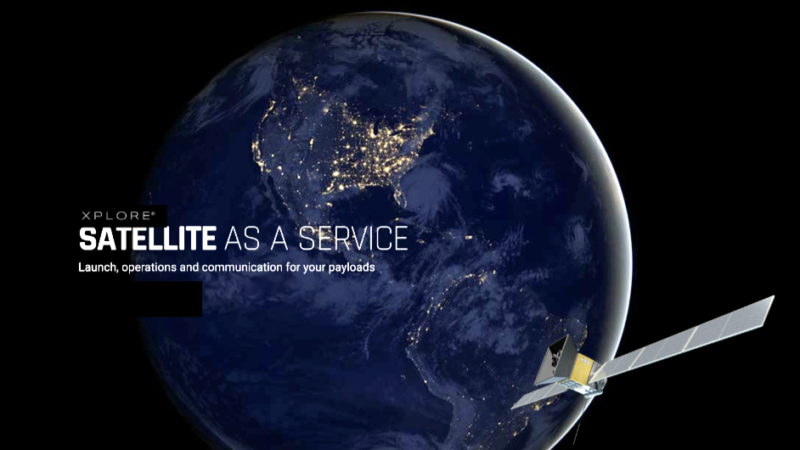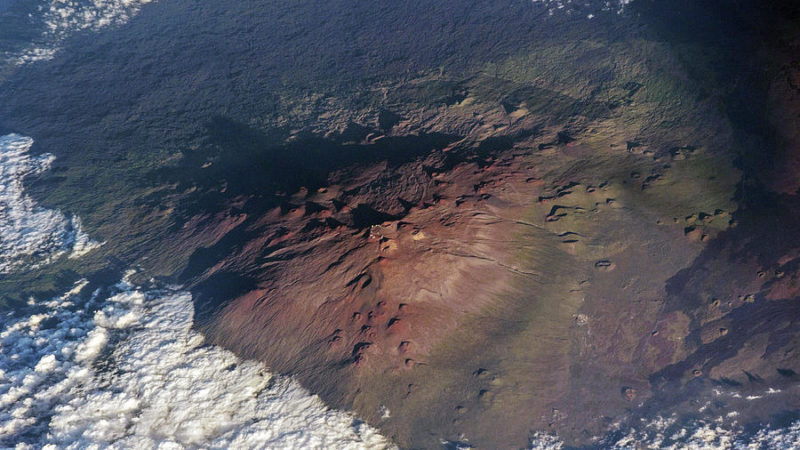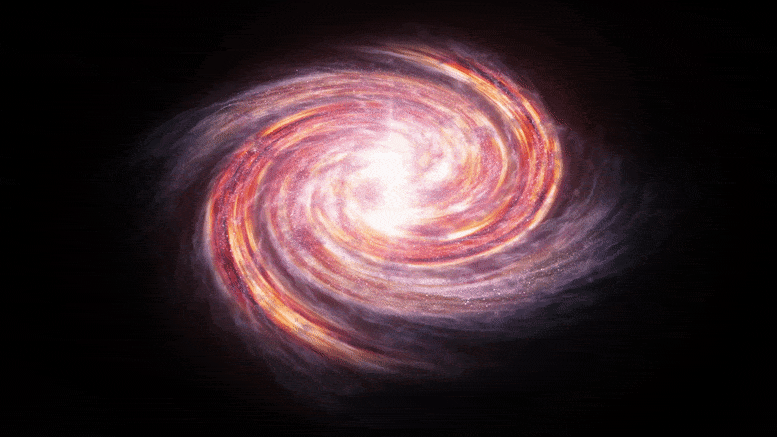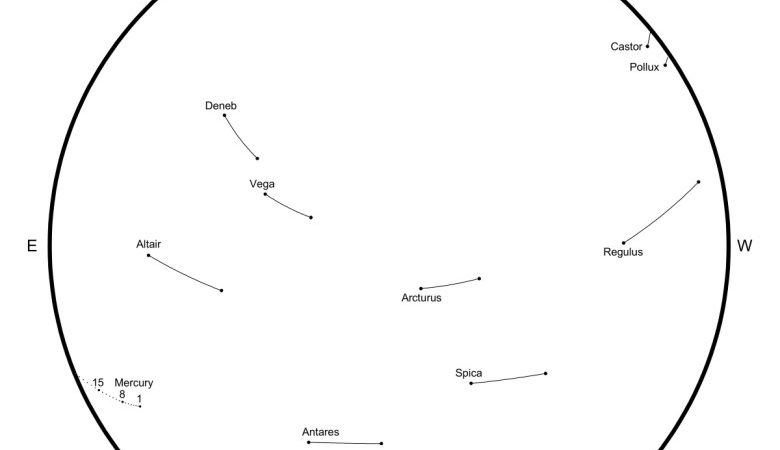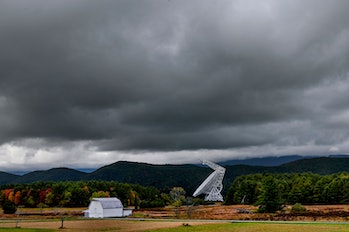- A group of astronomers is trying to drum up support for legal action to stop SpaceX from launching more of their highly visible communications satellites.
- In a paper posted to the preprint server arXiv.org, the group recommends bringing a lawsuit against the FCC and protecting the night sky under the World Heritage Convention.
- Astronomers worry that the influx of satellites into Earth’s orbit could make ground-based observations more difficult and increase the likelihood of collisions in orbit.
A trio of astronomers have called for legal action against the FCC and SpaceX, whose StarLink project, a mega constellation of highly visible communication satellites, has drawn significant ire from astronomers around the globe.
The group argues in a 16-page letter, posted on January 29, that the Starlink constellation jeopardizes viewing conditions for the world’s ground-based astronomical observatories, which rely on a darkened sky to make observations about the universe. Space experts also worry that more communications satellites in an already crowded low-Earth orbit could make satellite-on-satellite collisions more likely.
This could make astronomer Donald Kessler’s hypothesis, also known as “Kessler syndrome,” a real possibility and could create an astro-apocalyptic scenario where one satellite collision creates a cascade effect causing more collisions. The resulting space junk could create an impenetrable cloud of space debris, and as a result, hold humanity hostage on Earth.
“Understanding the risk for astronomical community, a set of actions are proposed in this paper to mitigate and contain the most dangerous effects arising from such changes in the population of small satellites,” the astronomers write in a letter.
In order to put a stop to SpaceX’s plans, the group suggests bringing a case before the International Court of Justice, arguing that the night sky should be protected under the UNESCO World Heritage Convention.
Alternatively, they recommend filing a case against the U.S. Federal Communications Commission, which approved and licensed Starlink. The astronomers additionally request that all mega constellations should be put on hold until scientists better understand the full extent of their impact.
This proposed lawsuit comes weeks after claims that the FCC may have unlawfully approved of SpaceX plans to deploy the mega constellation. The paper, which will be published in the Vanderbilt Journal of Entertainment and Technology Law this year, says the FCC’s ruling may have gone against the National Environmental Policy Act. The FCC disputes these claims.
Earth’s orbit is a busy place. With 1,500 satellites already circling the globe, other companies, such as OneWeb and Amazon, are making plans to launch mega constellations of their own.
With only 240 Starlink satellites currently in orbit (including one with an experimental dark coating), SpaceX isn’t even close to done as the company plans to launch as many as 42,000 communication satellites into low-Earth orbit. In March, SpaceX the sixth batch of 60 Starlink satellites into orbit from NASA’s Kennedy Space Flight Center in Florida.
